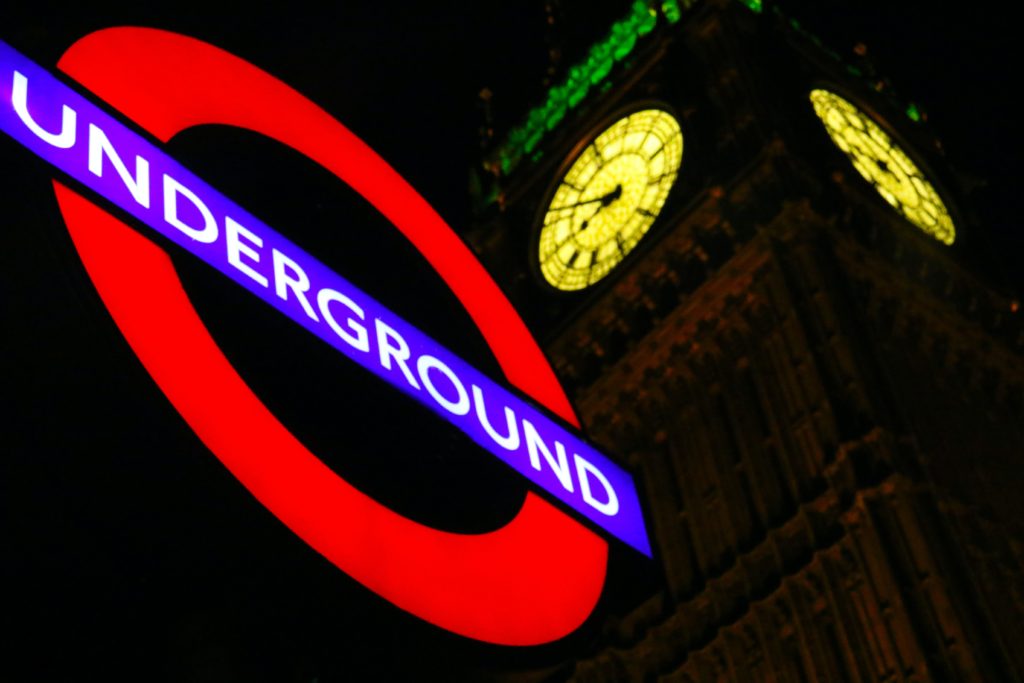
Choosing the right words: Lockdown, lock out, lock in, lock up




If there is one word which has come very much into the lexicon of English language, not just in the UK but around the whole world, in the last year then it is the word lockdown. The reason of course has been the need for people to stay inside (on lockdown) due to the ongoing COVID19 pandemic. The word lockdown is defined by the Cambridge dictionary as:
“a situation in which people are not allowed to enter or leave a building or area freely because of an emergency.”
In the past this has been a noun phrase originating from American English and most associated with prisons and the need to keep prisoners on lockdown due to security issues such as the risk of riots. Although most commonly used as a noun phrase it also possible to use lock down as a typical two part phrasal verb. Below are some examples of how to use it:
- The entire country is on lockdown due to the ongoing pandemic. (noun phrase)
- The school has been put on lockdown whilst the bomb threat is investigated. (noun phrase)
- The prison governor decided to lock down the prisoners to prevent a riot.
- The city of Brussels was locked down in 2015 due to the threat of a terror attack.
As you can see there is nothing positive about lockdowns or being locked down, although some people might argue that the near worldwide lockdown of 2020 has given people the chance to relax and spend time with activities such as reading, writing, studying or even just watching Netflix, so maybe it is not all bad.

We can look further into phrasal verbs with lock because they are frequently used. Almost everyone has experienced being locked out. This is where you are not able to get to get into your home (or any other place) because you do not have the key. Usually you have left the key inside and shut the door behind you, the door locks automatically with you outside and so you are locked out. The opposite to this is logical and it is to be locked in which is a less likely occurrence, however it has another meaning in British English; a lock-in (noun phrase only) is defined by the Cambridge dictionary as:
“an occasion when a pub locks its doors and allows people to continue drinking illegally after the time when it should have closed”
It is well known that in the past the UK had strict licensing laws and that required pubs to close at 11.00pm. Therefore the idea of being able to drink past this time at a lock-in was attractive, even if it was illegal. Lock-ins were relatively common place in smaller pubs and often only for ‘regulars’ or favoured customers so to be invited by the pub landlord to a lock-in was something of a privilege. Nowadays lock-ins are a thing of the past as pubs can open as long as they want, though some pubs may still use them as a way to create a kind of private party.

The final phrase that we come to is lock up which can be either a phrasal verb or a noun phrase. The former is easy to use as it describes the action of locking something or someone in a place so that it is safe or, on the other hand, not a danger to others. This is because you might lock up your car in your garage and likewise a prisoner could be locked up. Notice the difference between lock up and lock down as the former denotes a more general situation where a group of people or a population are prevented from going somewhere, whereas to be locked up refers more generally to being in a place such as prison, a garage or even a cupboard. The examples below highlight the use of lock up the phrasal verb:
- He is such a terrible man, he should be locked up.
- I always shut the shop and lock up at 6.00pm
As a noun phrase lock-up refers to a place and the Cambridge dictionary definition is:
“ (i)a small room, used as a prison, usually in a small town, in which criminals can be kept for a short time, (ii) a building where objects, especially a car, can be safely kept.”
The first meaning is more commonly used in American English, whereas the second is heard almost exclusively in British English. It is important to know this for Americans will be thinking of a prison type building when using the noun phrase lockup whereas in the case of British people lock-up will usually refer to a garage for the safe storage of cars or other equipment or goods.
It also worth mentioning the word quarantine which is defined thus by the Cambridge dictionary:
a specific period of time in which a person or animal that has a disease, or may have one, must stay or be kept away from others in order to prevent the spread of the disease.
This was a rather exotic word, rarely used but has come back into more frequent use with the pandemic, although now the phrase “self isolation” is preferred to describe those people who are staying alone without contact due to infection or possible infection. For example; Mr Smith is self isolating because his daughter tested positive for the virus.
As many readers will know, the English language is full of phrasal verbs and here we have just covered the most basic of those with lock, but I do hope you were locked in (another use of lock in not discussed here) to this article and if you are on lockdown you are able to use your time in a positive way. Definitely, you should not go crazy and get locked up.

Interesting Post



